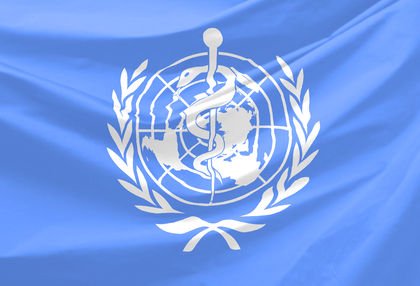WHO, governments and health agencies commit to advancing global health security
July 07, 2016 | Thursday | News | By BioSpectrum Bureau
WHO, governments and health agencies commit to advancing global health security
The World Health Organization (WHO), governments, financial institutions, development partners, and health agencies from across the world have committed to accelerate strengthening and implementation of capacities required to cope with disease outbreaks and other health emergencies.
A significant threat to global health security is the number of national health systems that are weak, fragmented and under-funded.
Only about one third of countries in the world have the ability to assess, detect and respond to public health emergencies.
Ebola, Zika, yellow fever and other recent outbreaks have exposed these weaknesses at national, regional and international levels.
"Fortifying health security in today's world must be a key priority of governments, multilateral agencies, development banks, and non-government organizations the world over. What matters most is maintaining the momentum and turning that into real, tangible results," Dr Poonam Khetrapal Singh, Regional Director, WHO South-East Asia Region said at the end of the three-day meeting on 'Advancing Global Health Security: From Commitments to Actions'.
The meeting brought together 250 participants from 52 countries representing 28 different organizations.
Speaking at the opening of the event, Dr Matshidiso Moeti, WHO Regional Director for Africa, said, "The bedrock of outbreak and emergency preparedness and response is a functioning, resilient national health system - with the financing, human resources, infrastructure, information and supply management systems capable of detecting and responding to public health events."
Renewed commitment to health system strengthening in-line with the International Health Regulations (2005) is needed, especially in vulnerable countries.
The true power of health systems is their ability to deliver timely, quality health services to those in need in a comprehensive way and on an adequate scale.
These systems are especially important during emergencies, when access to quality essential health services can be severely compromised.
The meeting highlighted the critical importance of flexible preparedness planning, community strengthening and engagement, information sharing, strengthening of intersectoral collaboration of national and international partnerships, and the critical role that governments and technical partners play in financing and implementing them. Investing in these systems requires strong ownership and supportive leadership at the highest levels.
WHO has also created an open-access web platform called the Strategic Partnership Portal (SPP) to help identify country needs, gaps and partner activities to ensure resources are used more efficiently, without duplication.
Training on how to use the SPP, mandated by WHO Member States and supported by health partners, has been rolled out in several high-risk countries in Africa, with planned expansion to other WHO Regions in 2016.









